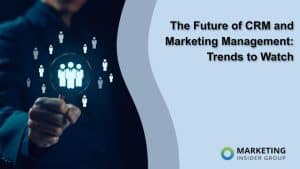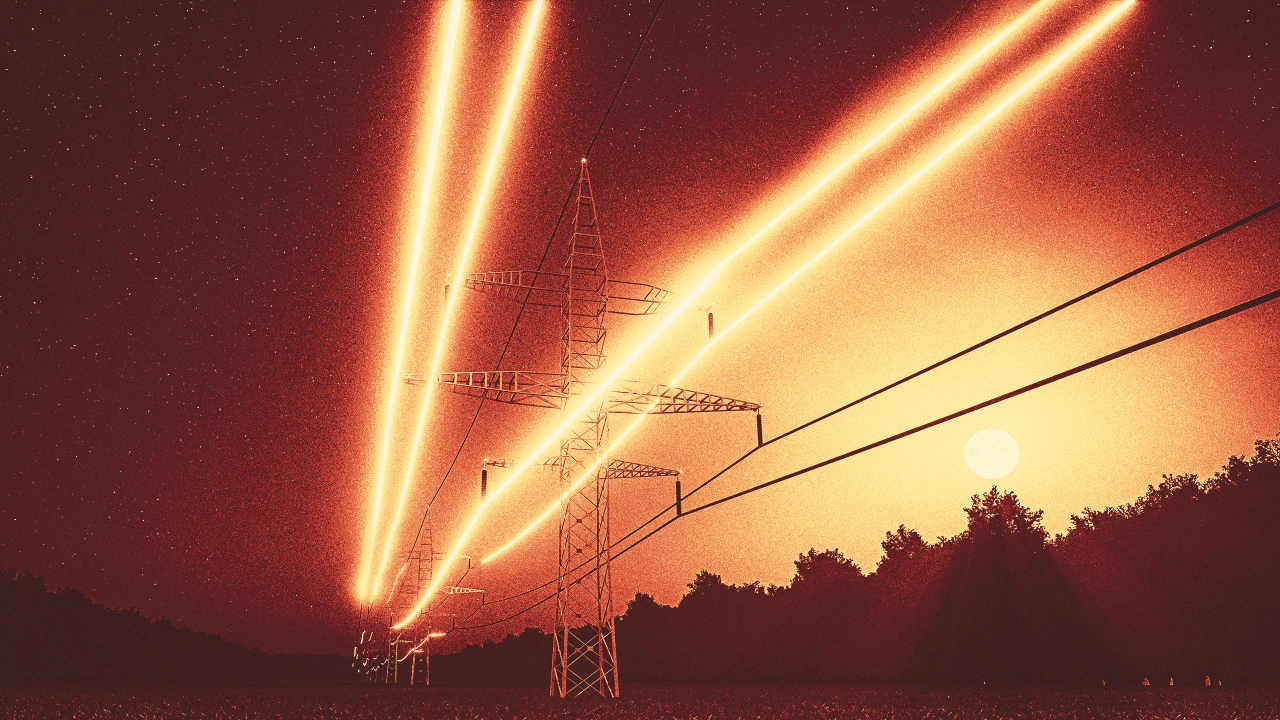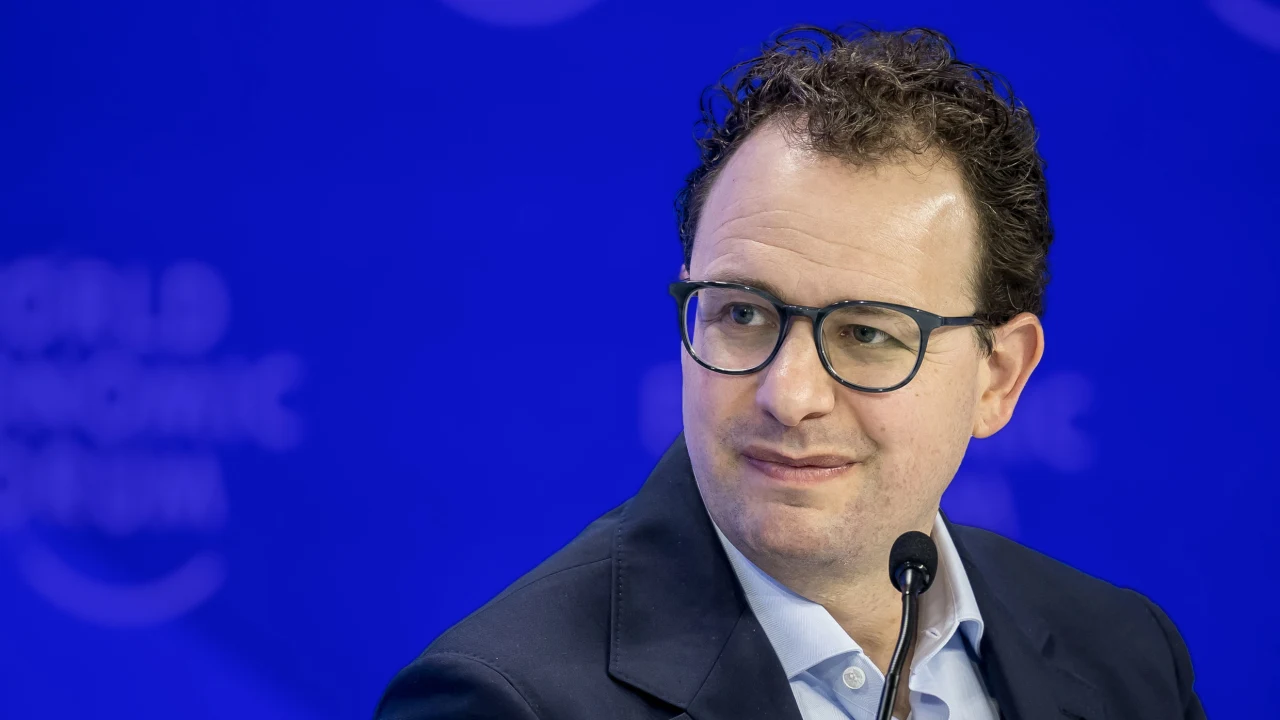Reid Hoffman on Musk vs. Trump and the real AI threat to jobs
Amid global conflict, domestic unrest, and AI’s surging impact in all corners of business, it’s getting harder than ever to decipher noise from substance. To help navigate this challenge, LinkedIn cofounder Reid Hoffman shares valuable insights about Trump’s public spat with Elon Musk, the crisis in the Middle East, and whether AI is realistically poised to spark a “white-collar bloodbath.” This is an abridged transcript of an interview from Rapid Response, hosted by Robert Safian, the former editor-in-chief of Fast Company. From the team behind the Masters of Scale podcast, Rapid Response features candid conversations with today’s top business leaders navigating real-time challenges. Subscribe to Rapid Response wherever you get your podcasts to ensure you never miss an episode. There is so much going on in the economy and in tech right now. It’s hard to know where to focus. How would you describe this moment with so much change on so many fronts? Do you compartmentalize topics? Do you say: In this bucket is what’s going on in AI, and over here is what’s going on with U.S. trade? Or is it all interconnected for you? So obviously, AI plays across everything. Like what does it mean not just for, obviously, work, and what does it mean for geopolitics, and what does it mean for invention and science, and what does it mean for medicine? But also, even when you see, let’s send in the National Guard and the Marines to L.A.; that doesn’t necessarily generate the question of AI, but it does generate the thought “we live in chaotic times.” There’s a couple of questions that go across all of them. And when something happens like Israel starts bombing Iran, is that its own bucket, or does it get you to start rethinking other things that are around it also? It’s mostly its own bucket, but it does go. And there’s this general [sense of] the world is descending into chaos. We’ve self-ended the post-World War II American world order, and I think that there will be thousands of lives and lots of suffering that will come from that, because I think the post-World War II American world order has been one of the most golden times in human history. And the fact that we have deliberately self-destroyed that will have a bunch of different costs, and I think the costs include increasing conflict and chaos everywhere in the world. So that has its macro theme, which the Israeli bombing of the Iranians is in. Now, I also think, of course, the Iranian nuclear program is a problem. In Trump, one, I actually thought his ending the treaty deal was a mistake. But the Iranians are a force for engaging in global terrorism and global conflict. So the fact that there’s something being done to try to contain nuclear ambitions is not in itself a bad thing. It’s probably unfortunate that the way that that’s happening is bombing, but I would’ve preferred the treaty, negotiation—words are always better than physical violence. Yeah. I have to ask you about the public split between Elon Musk and Donald Trump. Maybe it’s a truce now; it’s hard to say. Regardless, Silicon Valley must be buzzing. I’m curious what the reactions are. Are there any lessons that leaders are drawing from it in dealing with the president? In dealing with Elon? Well, I think there’s a whole stack of things. I think one is that there were a bunch of Silicon Valley leaders who deluded themselves that Trump was the sensible businessman and the Dems were antibusiness, and it was that straightforward. And they went . . . look, part of the reason why entrepreneurial people like Elon were getting in the business is because they felt that, for example, one of the biggest expense lines in the federal government is the deficit, is just the interest payments. It’s like we as a country have over decades borrowed money on credit cards to finance our operations. And just like anyone knows, when they borrow money on credit cards, it puts a huge dent in their operating income and what to do. And that’s what we’ve been doing as a country. I think part of what Elon’s learning from the “Big Beautiful Bill” that’s being proposed is we’re actually not being business-sensible here. And so Elon sparked in the way he normally sparks, which is to make a whole bunch of, frankly, massively inflammatory tweets. And that caused a general reaction on both sides, which informed everyone. It was like, one, this Big Beautiful Bill is not a pro-future of American business because it’s going to increase our debt line a whole lot. That issue got drowned in various power politicking. In terms of being business-sensible, do people look at the time and effort that Musk has put into politics and spending his time in Washington? Was that time well spent in a business-sensible way? I think most people think it’s probably been a pretty bad net negative. What are the actual things that DOGE has really accomplished? It started with these big claims about shaving off fraudulent expense
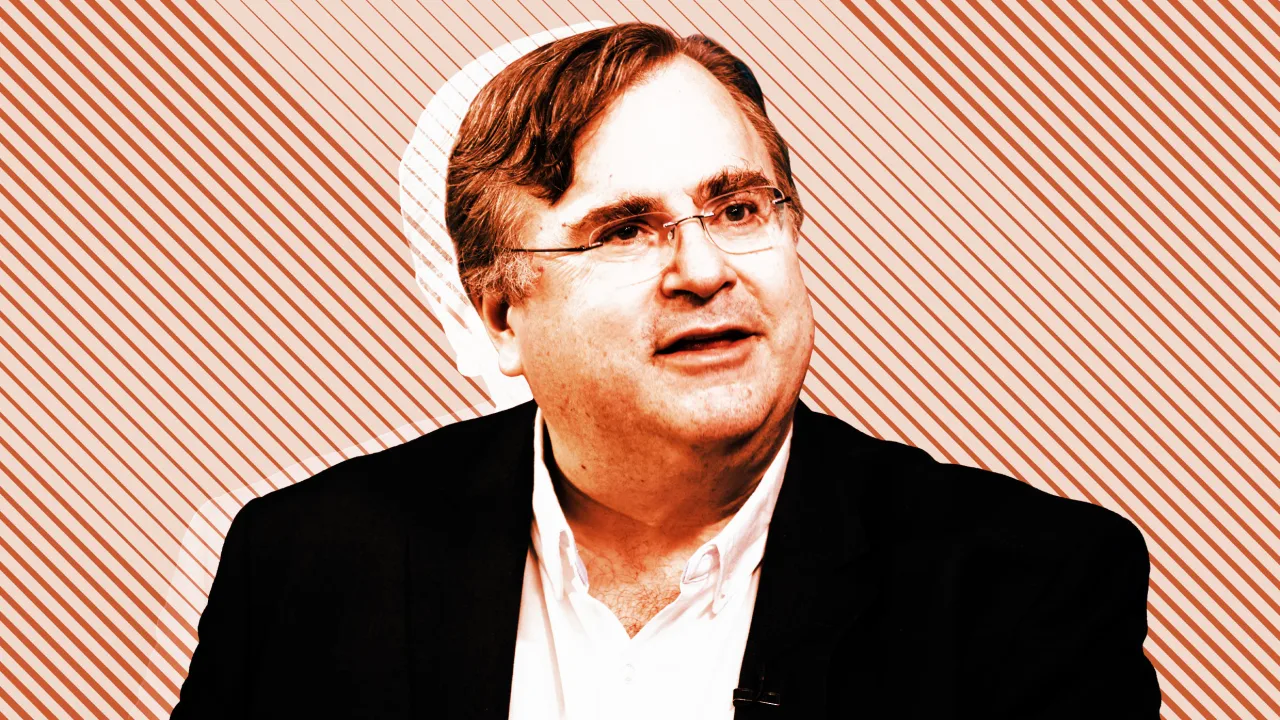
Amid global conflict, domestic unrest, and AI’s surging impact in all corners of business, it’s getting harder than ever to decipher noise from substance. To help navigate this challenge, LinkedIn cofounder Reid Hoffman shares valuable insights about Trump’s public spat with Elon Musk, the crisis in the Middle East, and whether AI is realistically poised to spark a “white-collar bloodbath.”
This is an abridged transcript of an interview from Rapid Response, hosted by Robert Safian, the former editor-in-chief of Fast Company. From the team behind the Masters of Scale podcast, Rapid Response features candid conversations with today’s top business leaders navigating real-time challenges. Subscribe to Rapid Response wherever you get your podcasts to ensure you never miss an episode.
There is so much going on in the economy and in tech right now. It’s hard to know where to focus. How would you describe this moment with so much change on so many fronts? Do you compartmentalize topics? Do you say: In this bucket is what’s going on in AI, and over here is what’s going on with U.S. trade? Or is it all interconnected for you?
So obviously, AI plays across everything. Like what does it mean not just for, obviously, work, and what does it mean for geopolitics, and what does it mean for invention and science, and what does it mean for medicine? But also, even when you see, let’s send in the National Guard and the Marines to L.A.; that doesn’t necessarily generate the question of AI, but it does generate the thought “we live in chaotic times.” There’s a couple of questions that go across all of them.
And when something happens like Israel starts bombing Iran, is that its own bucket, or does it get you to start rethinking other things that are around it also?
It’s mostly its own bucket, but it does go. And there’s this general [sense of] the world is descending into chaos. We’ve self-ended the post-World War II American world order, and I think that there will be thousands of lives and lots of suffering that will come from that, because I think the post-World War II American world order has been one of the most golden times in human history. And the fact that we have deliberately self-destroyed that will have a bunch of different costs, and I think the costs include increasing conflict and chaos everywhere in the world. So that has its macro theme, which the Israeli bombing of the Iranians is in.
Now, I also think, of course, the Iranian nuclear program is a problem. In Trump, one, I actually thought his ending the treaty deal was a mistake. But the Iranians are a force for engaging in global terrorism and global conflict. So the fact that there’s something being done to try to contain nuclear ambitions is not in itself a bad thing. It’s probably unfortunate that the way that that’s happening is bombing, but I would’ve preferred the treaty, negotiation—words are always better than physical violence.
Yeah. I have to ask you about the public split between Elon Musk and Donald Trump. Maybe it’s a truce now; it’s hard to say. Regardless, Silicon Valley must be buzzing. I’m curious what the reactions are. Are there any lessons that leaders are drawing from it in dealing with the president? In dealing with Elon?
Well, I think there’s a whole stack of things. I think one is that there were a bunch of Silicon Valley leaders who deluded themselves that Trump was the sensible businessman and the Dems were antibusiness, and it was that straightforward. And they went . . . look, part of the reason why entrepreneurial people like Elon were getting in the business is because they felt that, for example, one of the biggest expense lines in the federal government is the deficit, is just the interest payments. It’s like we as a country have over decades borrowed money on credit cards to finance our operations. And just like anyone knows, when they borrow money on credit cards, it puts a huge dent in their operating income and what to do. And that’s what we’ve been doing as a country.
I think part of what Elon’s learning from the “Big Beautiful Bill” that’s being proposed is we’re actually not being business-sensible here. And so Elon sparked in the way he normally sparks, which is to make a whole bunch of, frankly, massively inflammatory tweets. And that caused a general reaction on both sides, which informed everyone. It was like, one, this Big Beautiful Bill is not a pro-future of American business because it’s going to increase our debt line a whole lot. That issue got drowned in various power politicking.
In terms of being business-sensible, do people look at the time and effort that Musk has put into politics and spending his time in Washington? Was that time well spent in a business-sensible way?
I think most people think it’s probably been a pretty bad net negative. What are the actual things that DOGE has really accomplished? It started with these big claims about shaving off fraudulent expenses to help rightsize the deficit. And there were a lot of claims about reducing fraud, and literally zero substantiation about the reductions being particularly fraud-oriented or anything else. So I think that’s not been successful.
And then obviously Elon’s engagement with this has caused . . . I mean, I see, call it, three times as many Teslas with anti-Elon bumper stickers in the neighborhoods I drive around in than there are Teslas without anti-Elon bumper stickers. Most purchasers of Teslas believe in such things as climate change and think that we have to be rational on these topics. And the fact that Elon is staying silent on an administration that’s claiming that climate change is a complete fiction, I think that’s been . . . not just has DOGE been a big problem, but I think the Tesla customer base is in clear revolt on this stuff. And so I think all of those things have been real challenges.
I saw that the Anthropic CEO, Dario Amodei, told Axios recently that there was a white-collar bloodbath coming, that people are dramatically underestimating AI’s impact on jobs. Do you agree with that? Do we know what the impact will be?
Well, frankly, no one knows. Anyone who claims that they know exactly what the impact is is either self-deluding or other-deluding. Dario is right that over, call it, a decade or three, that it will do a massive set of job transformation. And some of that job transformation will be replacement issues. Just like, for example, when computer programs, Excel and other things, started happening, the people whose job it was to write in the ledger, the accounting ledger . . . that job went away. But on the other hand, the accountant job didn’t go away. The accountant job, if anything, everyone was predicting that the accountant job would go away. And actually, in fact, the accountant job got broader, richer, et cetera. It’s like scenario planning, financial analysis.
Just because a function’s coming that has a replacement area on a certain set of tasks doesn’t mean all of this job’s going to get replaced. It does mean there’s going to be a lot of transformation, and that some specific things that used to be described by job description will be completely gone. But that doesn’t even necessarily mean that a function is going to go way down. So I think there is a massive tsunami of transformation coming.
And I called Dario to talk to him, because I deeply respect his point of view on lots and lots of topics, about the bloodbath thing. And we see the world in different variables here because bloodbath just implies everything going away, versus where I tend to think all, having published Superagency. is that we at least have many years, if not a long time of person plus AI doing things.
Could I just replace, for example, my accountants with GPT-4? The answer is absolutely not. That would be a disastrous mistake. And it’s just simply like saying, also, let’s replace my marketing department or my sales department with GPT-4. Absolutely not.
Now, should each of these departments be using GPT-4 and Copilot and Claude and everything else in order to operate? Yes, they should be starting to experiment with that. There’s various ways in each of these departments you can be amplified with this work, but that’s nowhere close to a bloodbath. The bloodbath is a very good way to grab internet headlines, media headlines.
What jobs are most likely to be replaced? They’re the ones where we’re trying to program human beings to act like robots, like a customer service script, et cetera, in terms of the way you’re operating, and that’s the most natural replacement. But even then, it’s unclear that that will be a bloodbath, because of the question of what the adoption of companies looks like—how it’s refined in even with massive transformation, that will happen in a relatively short time frame.
So yes, I think people are underestimating AI’s impact on jobs, but I think inducing panic as a response is serving media announcement purposes and not actually, in fact, intelligent industry and economic and career path planning.































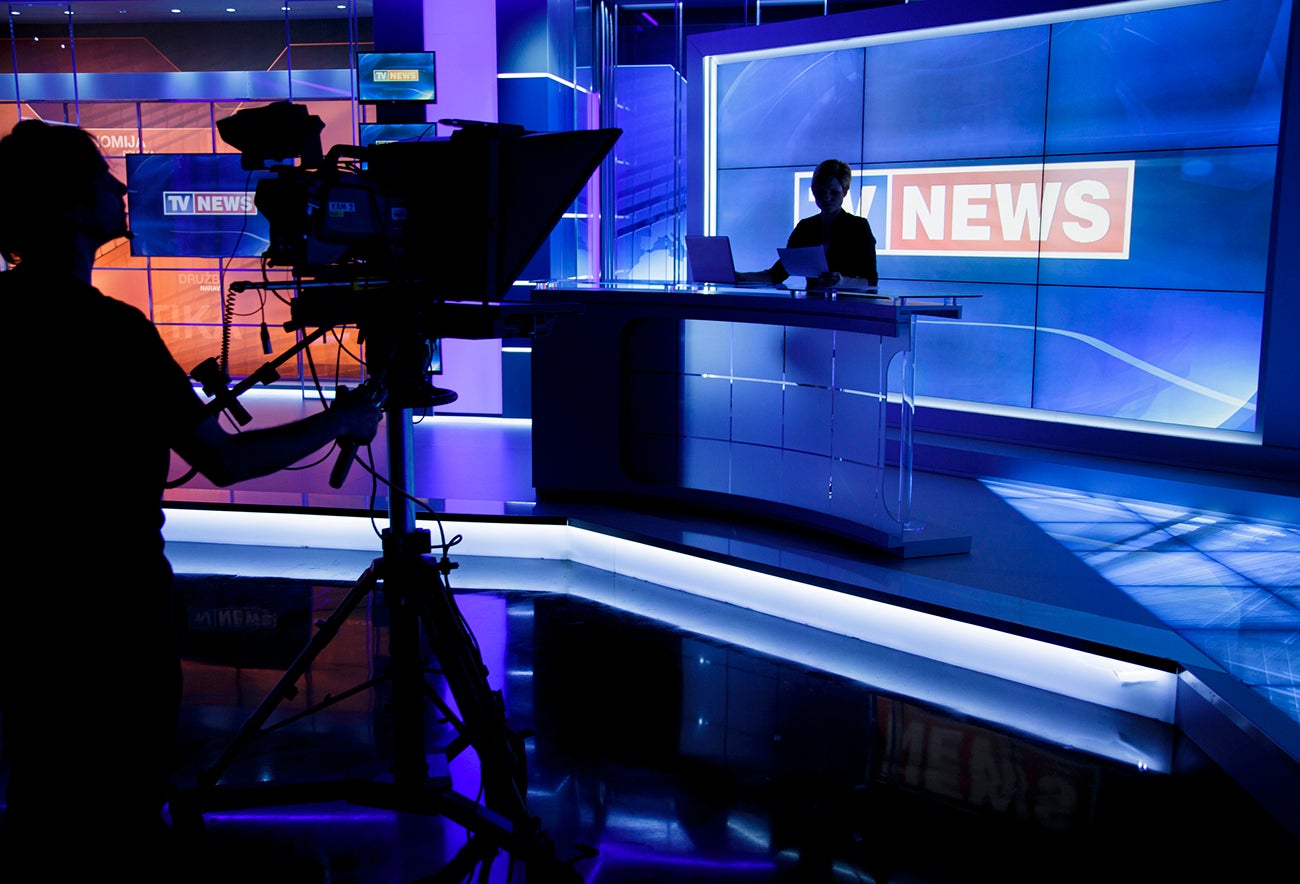


































![https //g.co/recover for help [1-866-719-1006]](https://newsquo.com/uploads/images/202506/image_430x256_684949454da3e.jpg)





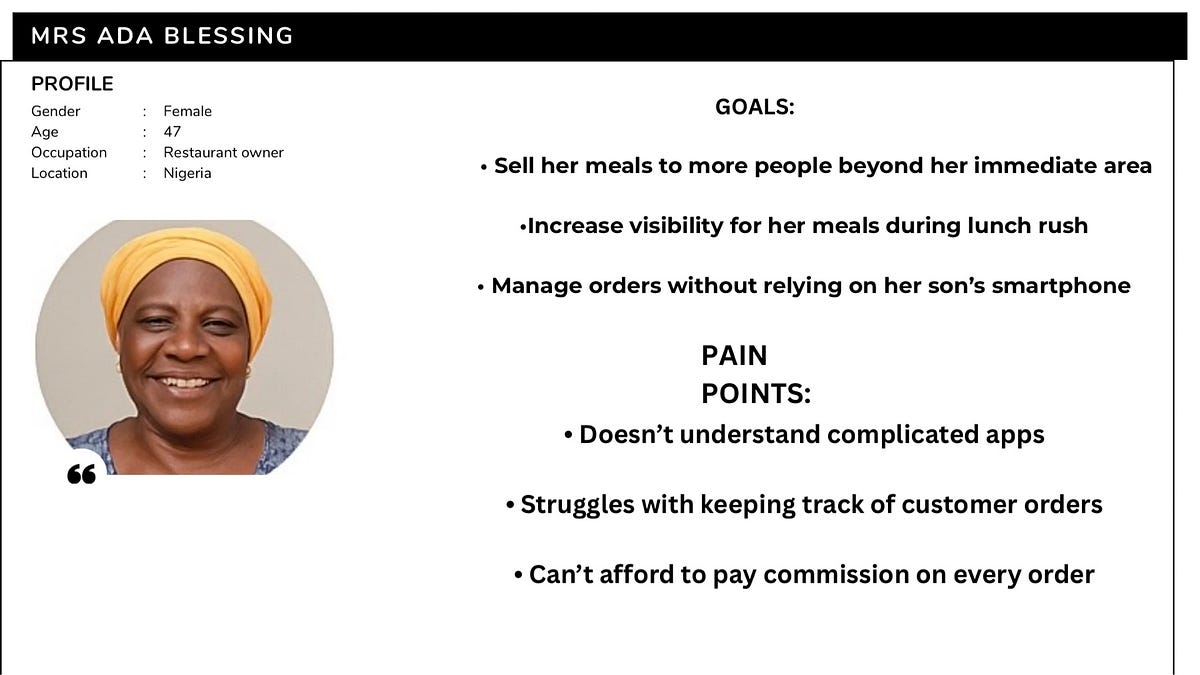
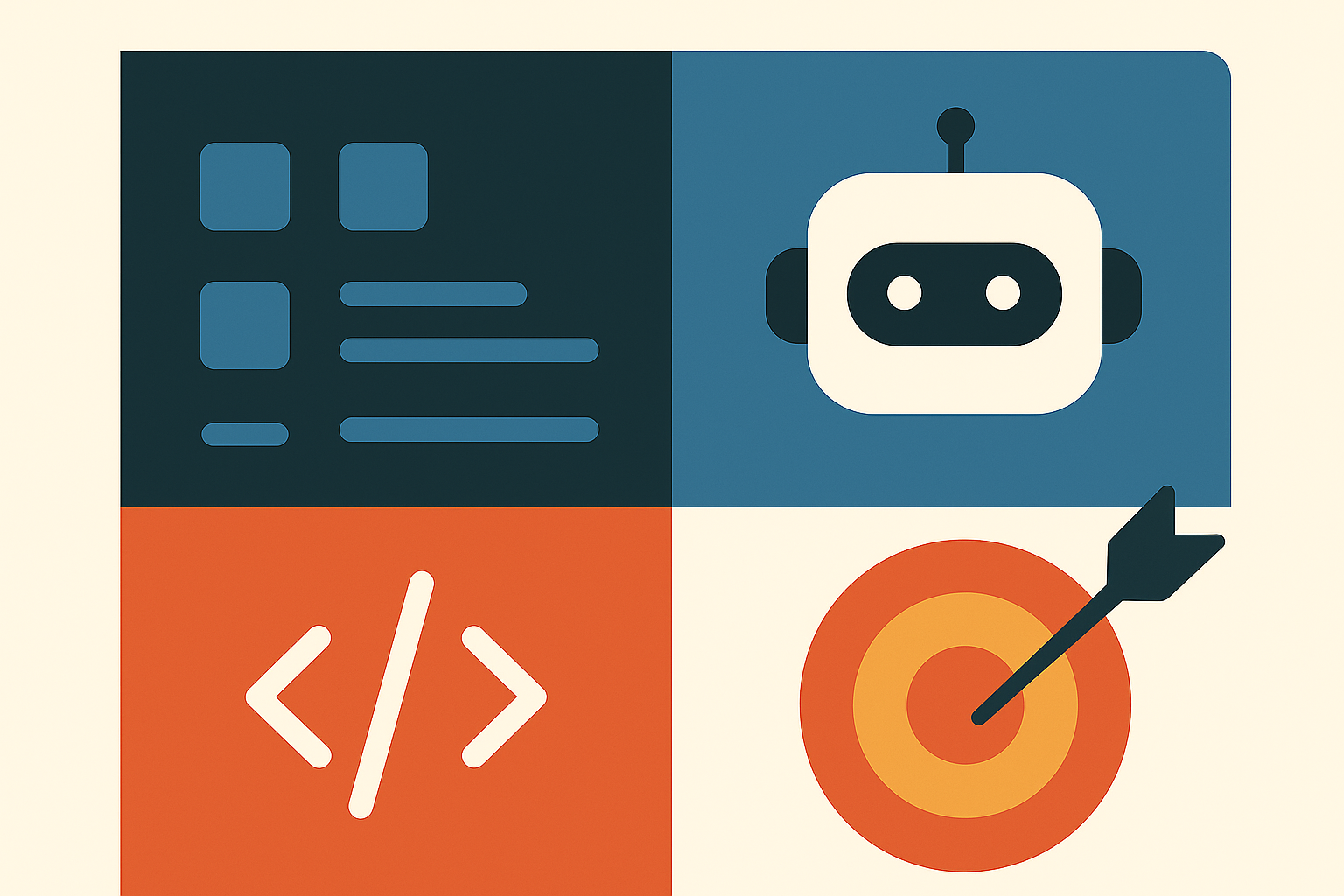
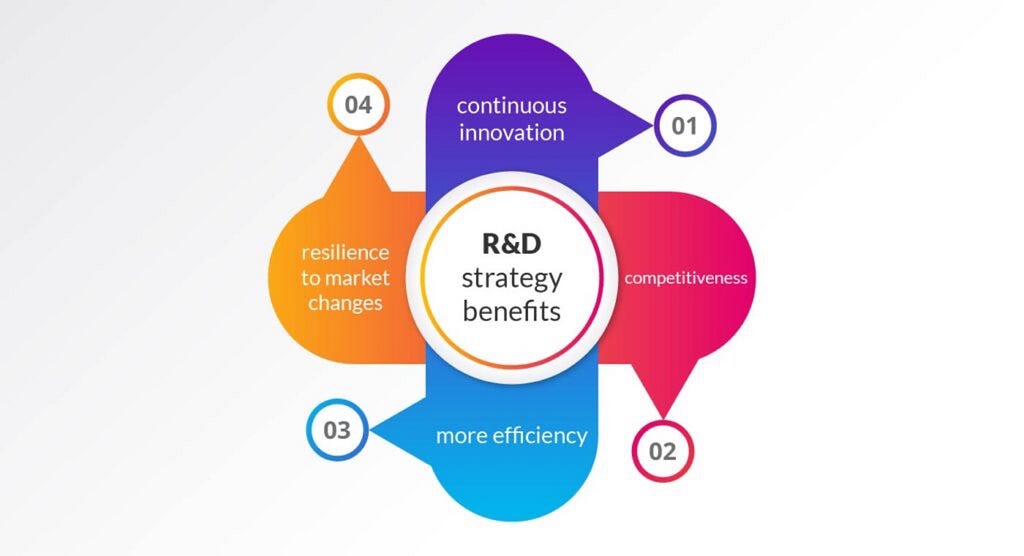
















![How Smart PMs Scale Their Careers in Any Org [TPG Live Recap]](https://tpgblog.com/wp-content/uploads/2025/06/2025-06-12-thumbnail-action.png?#)














